Life
Sign up for our newsletter
We summarize the week's scientific breakthroughs every Thursday.
-
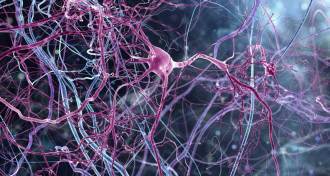 Neuroscience
NeuroscienceHow obesity may harm memory and learning
In obese mice, immune cells chomp nerve cell connections and harm brainpower.
-
 Science & Society
Science & SocietyBefore it burned, Brazil’s National Museum gave much to science
When Brazil’s National Museum went up in flames, so did the hard work of the researchers who work there.
-
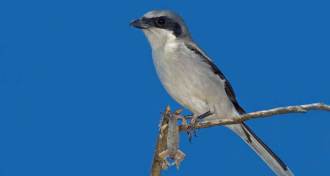 Animals
AnimalsThese songbirds violently fling and then impale their prey
A loggerhead shrike that skewers small animals on barbed wire gives mice whiplash shakeups.
By Susan Milius -
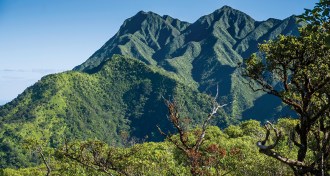 Agriculture
AgricultureHow plant microbes could feed the world and save endangered species
Scientists have only scratched the surface of the plant microbiome, but they already believe it might increase crop yield and save species from extinction.
By Amber Dance -
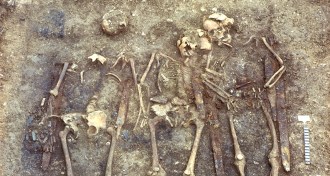 Genetics
GeneticsGerman skeletons hint that medieval warrior groups recruited from afar
Graveyard finds may come from an ancient European warrior household with political pull.
By Bruce Bower -
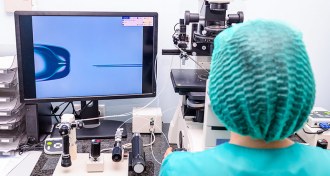 Health & Medicine
Health & MedicineTeens born from assisted pregnancies may have higher blood pressure
Kids born from reproductive technologies such as in vitro fertilization are susceptible to high blood pressure as adolescents, a small study finds.
-
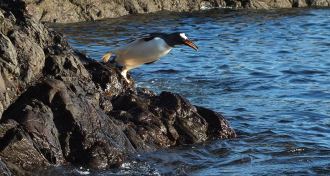 Animals
AnimalsA gentoo penguin’s dinner knows how to fight back
Cameras attached to gentoo penguins off the Falkland Islands revealed that, despite the birds’ small size, their lobster krill prey can sometimes win in a fight.
-
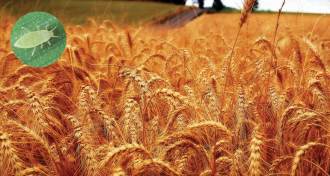 Climate
ClimateAs temperatures rise, so do insects’ appetites for corn, rice and wheat
Hotter, hungrier pests likely to do 10 percent to 25 percent more damage to grains for each warmer degree.
By Susan Milius -
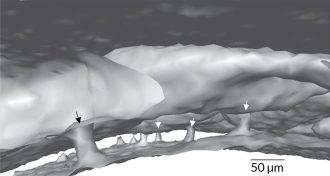 Neuroscience
NeuroscienceNewfound skull tunnels may speed immune cells’ trek to brain injuries
Minuscule channels connect the skull to the brain’s outer membrane, studies in mice and people show.
-
 Life
LifeHow the poppy got its pain-relieving powers
Analyzing the poppy’s genome reveals the evolutionary history of morphine.
-
 Health & Medicine
Health & MedicineCRISPR gene editing relieves muscular dystrophy symptoms in dogs
Scientists have used CRISPR’s molecular scissors in beagle puppies to repair a genetic mutation that causes muscular dystrophy.
-
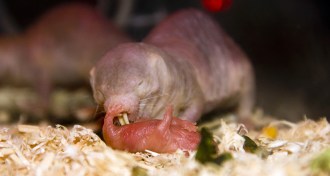 Animals
AnimalsNaked mole-rats eat the poop of their queen for parenting cues
Hormones in the naked mole-rat queen’s poop turn subordinate nest-mates into surrogate parents.